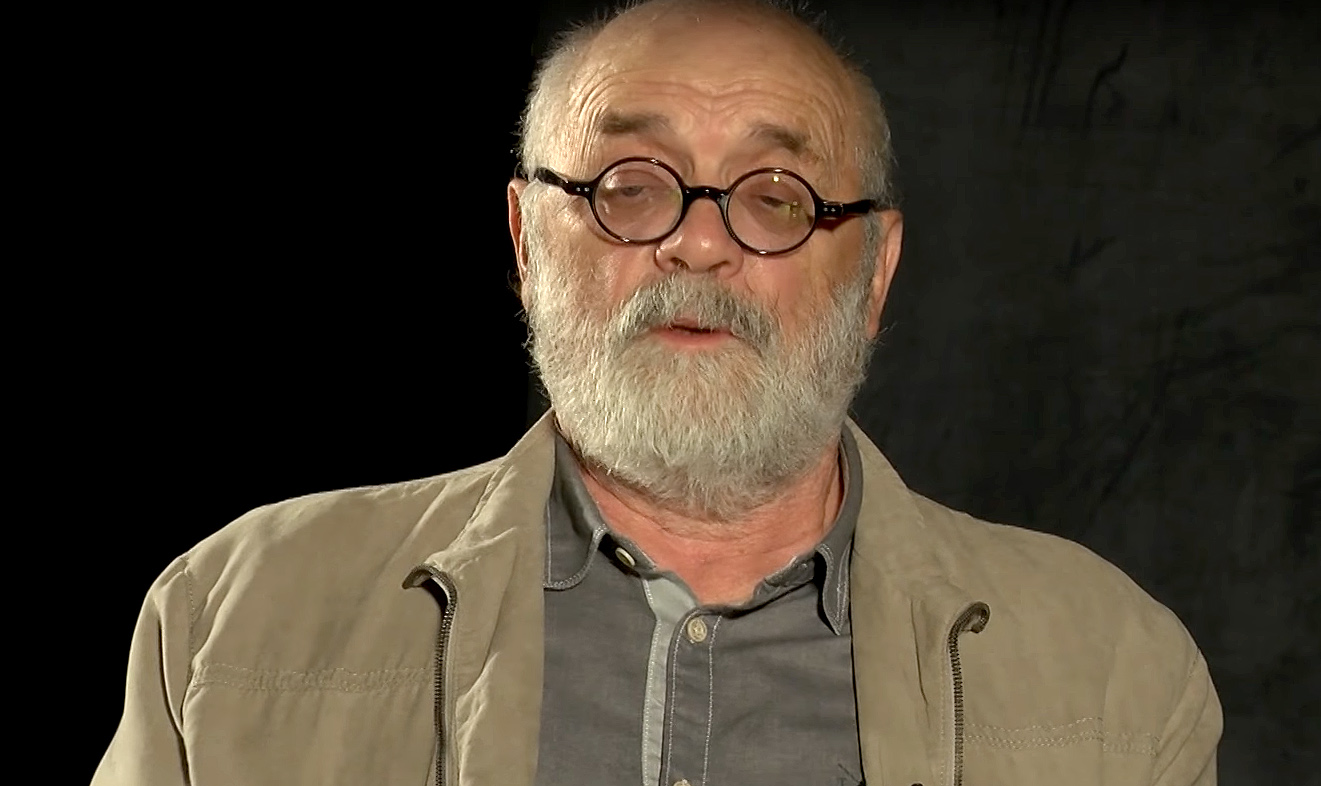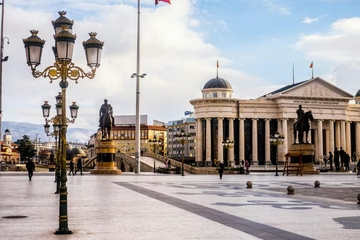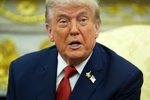
The presidents of Serbia and Kosovo are main advocates of the separation between Pristina and Belgrade, Kosovo political analyst Shkelzen Maliqi told the Belgrade daily Danas on Monday, warning about possible effects on Bosnia.
Oglas
Speaking about the deals between Aleksandar Vucic and Hashim Thaci and about a final stage of the Belgrade – Pristina dialogue, Maliqi, also a philosopher and an art critic, said it was interesting to what extent the two had similar stands.
"They both say that the dialogue is entering its final stage, that it is complicated, that an agreement with the other side is almost impossible, that very painful compromises are needed, but that there is always a possibility of separation which could satisfy both sides,” Maliqi said.
However, he warned that probably the biggest problem with the possible separation would be in Bosnia where Republika Srpska, the Serb-dominated entity, would use the precedent to secede or even, as the Crimea did with Russia, declare itself as a part of Serbia.
Oglas
He added that the first president of the Federal Republic of Yugoslavia, 1992-1993, comprising of Serbia and Montenegro after other former republics seceded, Dobrica Cosic, advocated "peaceful" exchange of territories and people, but said he was not confident that could happen without conflicts and casualties.
"The separation along ethnic lines in Kosovo is not only the question of 'protecting' the Serbs, especially those in the north but will have drastic consequences," Maliqi said.
Commenting on Thaci’s idea of border changes, he said that Kosovo’s President insisted on the term "border correction" which he saw as a process of minor size.
"I tend to believe that Thaci does not think that an agreement will lead to an exchange of territories. He speaks about the Presevo Valley (Serbia’s southern region mostly populated by the ethnic Albanians) as a counter-demand to neutralise Serbs’ aspiration to take 10 percent of Kosovo’s territory," Maliqi said, adding that an idea of a symbolic swap of the lands might exist.
Oglas
Speaking about possible conflicts in case of the of border changes, Maliqi said that some severe tensions, incidents and low-level conflict were more likely than the large-scale strife because of the presence of the NATO-led KFOR force.
Kakvo je tvoje mišljenje o ovome?
Učestvuj u diskusiji ili pročitaj komentare
Oglas
Kakvo je tvoje mišljenje o ovome?
Učestvuj u diskusiji ili pročitaj komentare
Oglas
NAJČITANIJE
Oglas
Oglas
Najnovije
Oglas
Oglas





 Srbija
Srbija
 Hrvatska
Hrvatska
 Slovenija
Slovenija



























































